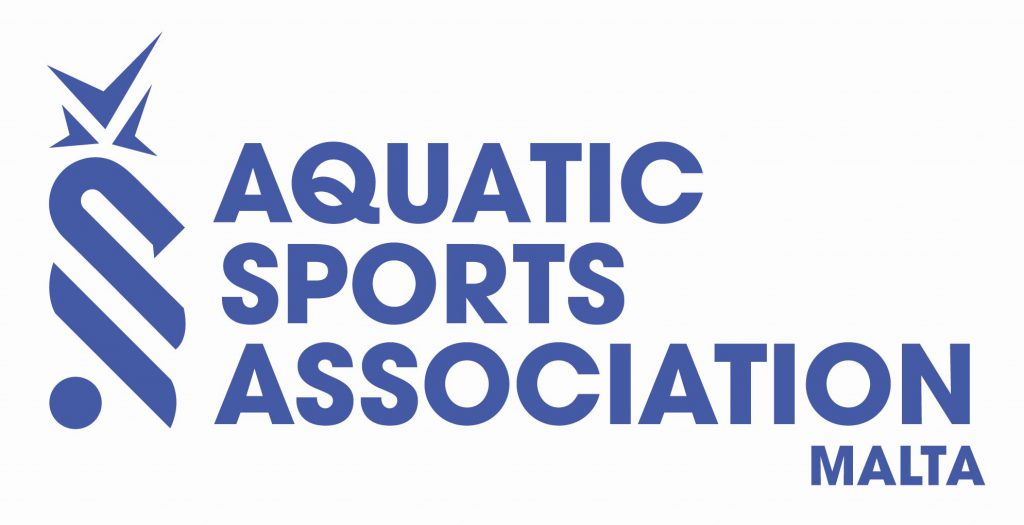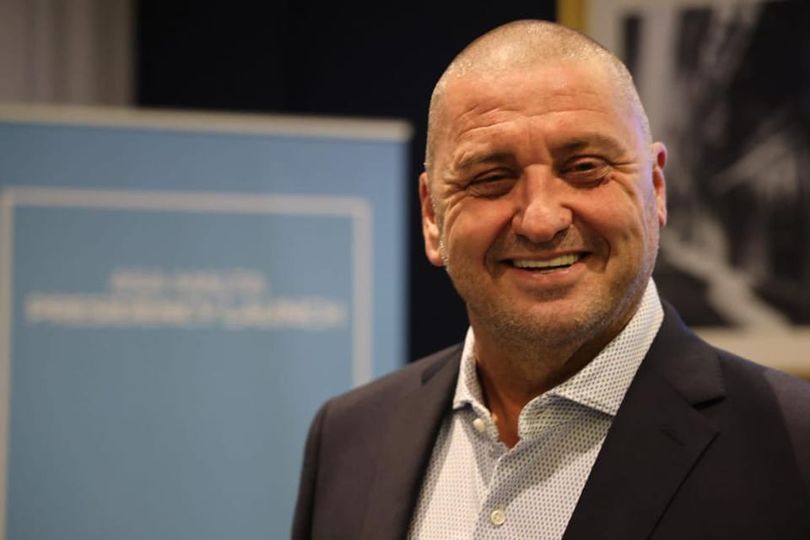The Aquatic Sports Association of Malta (ASA) has recognised that protecting the sport’s integrity means more than just guarding against match-fixing. The organisation has implemented safeguarding measures, including a dedicated confidential reporting channel, allowing players to report any abuse directly and anonymously to commission.
In an exclusive SiGMA News interview, Malta’s ASA President Karl Izzo and national water polo team captain Steve Camilleri discuss these efforts and the carefully considered future of betting in the sport.
Safeguarding athletes and building integrity
To combat corruption, Malta’s ASA has introduced robust integrity and safety measures in water polo, emphasising prevention as a more effective strategy than punishment. From grassroots development to international competition, the association’s commitment to player welfare, transparency, and long-term growth is stronger than ever.
Upon taking office, ASA President Karl Izzo established a dedicated Safeguarding Committee as his first initiative. The committee, chaired by Dr. Pat Bonello, the Association’s Safeguarding Commissioner, provides athletes with a secure and confidential way to report any form of abuse.
Izzo says, “Our athletes can feel safer; they can report any abuse directly and secretly. We have a dedicated phone line and email address. The ASA does not interfere in these submissions.”
Over the past two years, several cases have been handled with discretion and care, demonstrating the effectiveness of this safeguarding strategy. With a renewed emphasis on safety, transparency, and expert oversight, this marks a cultural shift in the ASA’s approach to athlete care.
Long-term player development & national pride
The main objective of ASA Malta’s mission is player development. The ASA continues to support athletes at every level, from youth initiatives to global competition. Malta’s senior men’s water polo team has qualified for the European Championships final 16 for the sixth time in its existence, demonstrating the success of its association’s hard work.
“It’s the sixth time we’ve made it, and no other sport in Malta has achieved something like this. Our senior team will be playing in Belgrade this January; it’s a proud moment for us all,” says Izzo.
Every decision the ASA makes, whether it’s funding grassroots development or supporting the national squad, is driven by a clear goal of long-term success and international recognition.
Izzo adds, “We’re a non-professional team going up against 15 professional sides, which is already a challenge. But I never say never. My dream is to one day see our team, our swimmers, compete in the Olympic finals too.”
Sport as a foundation for life
Malta’s national water polo team captain, Steve Camilleri, emphasises that sport provides a positive environment at a time when many young people are pulled in different directions. Beyond the physical benefits, he sees sport as a missing link in many children’s upbringing, something that can’t always be taught at home or in school.
Camilleri says, “Sport gives you a sense of community, which I think lacks in many departments nowadays. Obviously, Malta, as such, the mentality with regards to sports and water polo as well, as a result, isn’t fundamental to a childhood’s upbringing, whereas I think it should be. It gives you a lot of things that you don’t necessarily find at home or even at school.”
Exploring the future of betting in Maltese water polo
Although Malta does not currently allow betting on water polo, the ASA is actively looking into the prospect of enabling it. The objective, according to Izzo, is to bring Malta into line with other top water polo countries in Europe, where betting is strictly regulated and utilised to advance the sport.
“Till now, water polo is not included in the betting system,” Izzo explains. “It is my wish to include it, but obviously, we need to take the necessary precautions. First, by appointing a full-time integrity officer, like they have at the MFA.”
Izzo points to the success of water polo leagues in Italy, Serbia, Montenegro, and Spain, where the sport is a staple on betting platforms, and believes Malta has the potential to join them.
Izzo notes, “We have a very strong summer league here, it’s well followed, we have top athletes coming to Malta. I think including betting, with the right monitoring and the right people in place, will be a plus.”
Safeguarding sport’s future
Camilleri brings a player’s perspective to the conversation, emphasising the value of sport beyond the pool and the importance of protecting it from corruption.
He says, “The social aspect, learning to adapt to situations, these are all things water polo teaches you. But then there are elements, like match-fixing, that can creep in. I’ve never seen it myself, but it still exists. It’s a constant battle.”
Camilleri also highlights the role of foundations, both institutional and personal, in safeguarding athletes from potential harm, and how the introduction of waterpolo betting must happen in tandem with education.
He expresses, “The only way through it is, as we said before, solid foundations, be it the association, be it your club, be it whatever, where you are not exposed, completely exposed to these elements, and you’re safeguarded. As we said, there’s a lot more education, especially with regards to betting, online betting. There are a lot of sponsors getting involved with sports.”
Both leaders emphasise that responsible gaming education must be at the core of any future involvement with betting. Maltese water polo is establishing not only successful teams but also a sustainable, moral future for the sport through strong leadership, well-defined safeguards, and a player-first culture.


Recent Comments